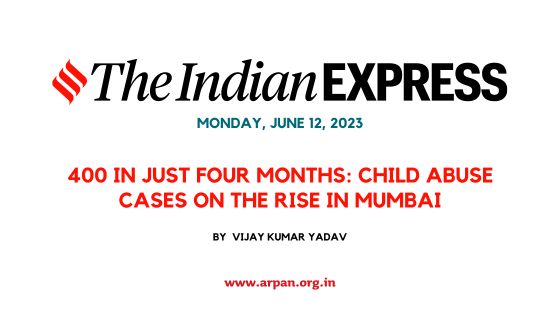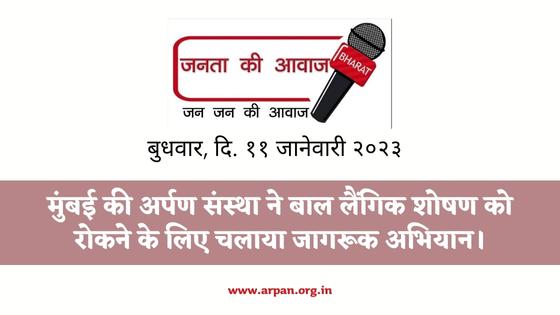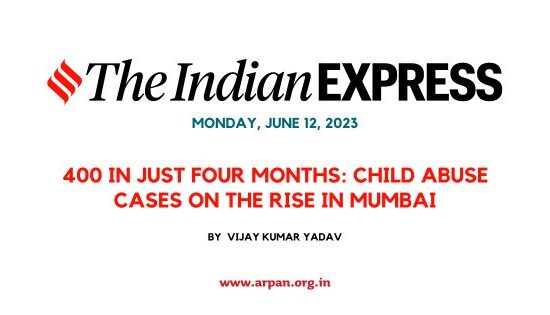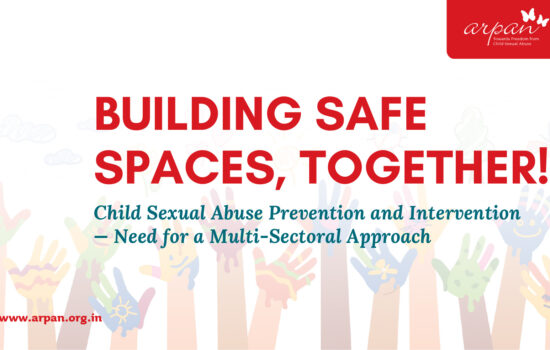MUMBAI: With the rise in sexual abuse cases on school campuses, increasing on-campus vigilance has become imperative. Experts feel even simple measures like installing closed circuit televisions (CCTV) and monitoring them will keep potential criminals at bay.
Though Friday’s incident was a stray case of a girl staying in the campus beyond school hours, experts said a full-time surveillance system may have helped avert it. The principal of the Dadar school, where the incident occurred, claimed they have written to the management seeking permission to bring the campus under surveillance.
Jayant Jain, president of the Forum for Fairness in Education, said, “A school needs CCTVs wherever possible. Most important is continuous monitoring of the footage. There is no point in using the footage after an incident. Monitoring the CCTVs can be outsourced to agencies which can immediately alert a school authority if they spot anything suspicious.”
Besides, increasing security personnel on the campus will also reduce cases of sexual assault, said Father Francis Swamy, principal of St Mary’s (ICSE) Mazgaon and joint secretary of the Archdiocesan Board of Education, which runs over 150 schools in the city. “In co-ed schools, the management should ensure security and support staff of both genders are appointed. Women security personnel are a must in schools with girl students,” he said, adding awareness should be created among students about good and bad touch. There should also be training for teaching, non-teaching and support staff.
Pooja Taparia, founder and CEO of Arpan, which works for prevention of child sexual abuse, said every school should have a child protection policy and ensure its implementation. “It will involve a code of conduct that applies to everybody, including teaching and non-teaching staff. A proper screening mechanism is also essential,” she said.
Source : The Times Of India











